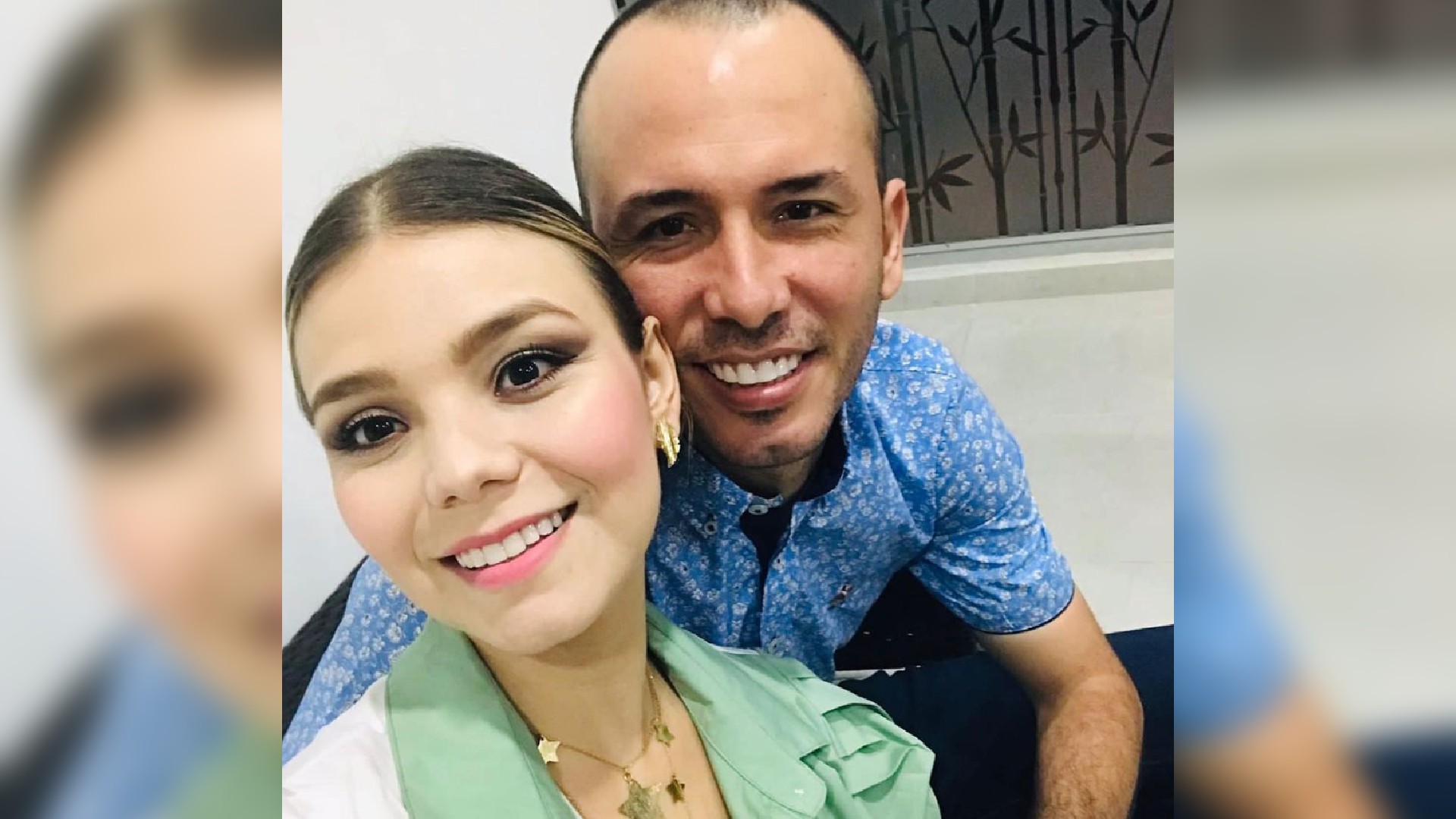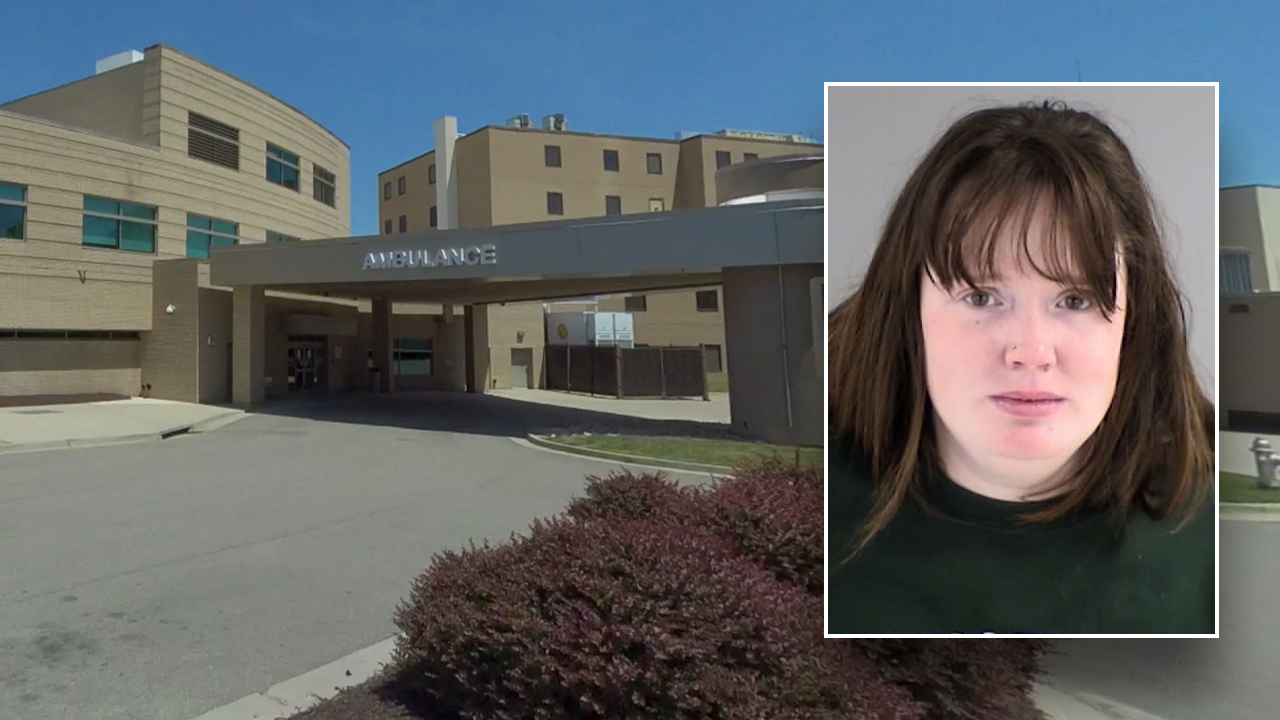(Trends Wide Spanish) — Paula Durán, the 27-year-old Colombian mother who was diagnosed with terminal cancer and whose parents received a humanitarian visa from the United States to accompany her in her last days, died Tuesday in California, her husband, Sergio Vega, reported through Instagram. .
“Today we have a little angel who takes care of us more in heaven,” Vega said during a live broadcast on his Instagram account.
Vega reported that Durán passed away at 3 in the afternoon in California: “The most beautiful thing is that she died in my arms. I hugged her and I was there until my last breath.”
A few weeks ago, Paula Durán’s parents were able to travel to the United States to accompany their daughter in her last days of life, after they received a humanitarian visa.
“Today Paula’s parents were here saying goodbye to this earthly kingdom. Thank you, thank you really,” Vega said after thanking all the people who supported them.
Colombian congresswoman Saray Robayo Bechara, who accompanied Durán’s family in the process and advocated her case, mourned the young woman’s death.
“It is with great sadness that I receive the news of the death of Paula Durán, the young Colombian mother who was fighting to survive terminal cancer and who was able to reunite with her parents last Thursday. To her husband, parents and little children, all my love and solidarity . Rest in peace”, wrote Robayo on his Twitter account.
Vega said that they arrived in the United States eight months ago to seek a better life and shortly after began the “tough battle” against the terminal cancer that he was diagnosed with in November of last year.
Humanitarian visa, also known as parole or humanitarian parole, is an option for those who have an urgent humanitarian or public interest reason to remain temporarily in the US And although the US Citizenship and Immigration Services (USCIS) does not gives a regulatory definition of the term “urgent humanitarian reasons”, officials assess it on a case-by-case basis, considering factors such as the sensitivity of the circumstances in which the applicant finds himself and the degree of suffering that may result if the permit is not authorized .
In the case of this Colombian family, Durán’s terminal diagnosis could have played a very important role in his parents’ request.
In an interview, Vega recounted that on November 28, when she was in the 34th week of pregnancy, his wife had stomach aches and headaches, for which she was taken to a hospital in the San Francisco, California, area in search of treatment. medical care. It was there that they were told the tragic diagnosis.
The Colombian Foreign Ministry said in a statement that it provided support to Durán’s family when Vega applied for a humanitarian visa for his wife’s parents.
With information from Michael Roa





